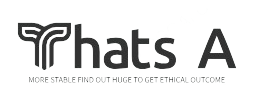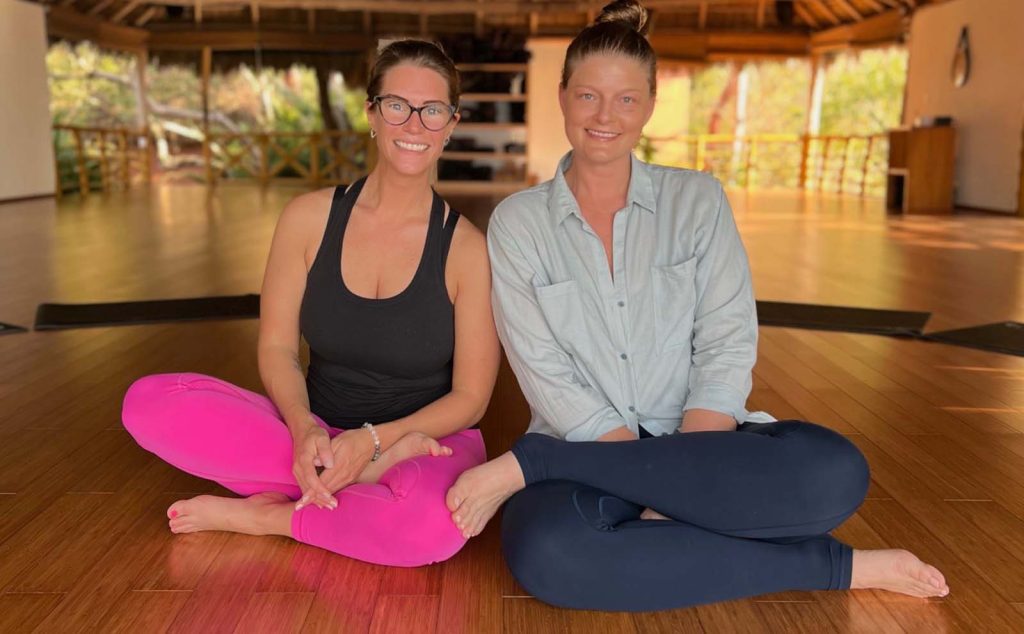Flexible assessment methods are crucial in online courses as they cater to diverse learning styles and accommodate various student preferences. Unlike traditional classroom settings, where assessments often follow a standardized format, online courses have the advantage of leveraging technology to offer a range of evaluation techniques. These methods not only ensure fair assessment but also enhance engagement and learning outcomes. One of the most commonly used assessment methods in online courses is the asynchronous quiz or test. These assessments are typically delivered through learning management systems LMS and allow students to complete them at their own pace within a specified time frame. This flexibility is advantageous for students who prefer to study and review materials independently before taking tests. Moreover, quizzes can be designed to provide instant feedback, helping students identify areas where they need improvement. For students who excel in collaborative learning environments, online courses often incorporate group projects or assignments.
These tasks encourage teamwork and enable students to apply theoretical knowledge to practical scenarios. Group projects can take various forms, such as case studies, simulations, or presentations, depending on the course objectives. They not only assess students’ understanding of the material but also cultivate essential skills like communication, problem-solving, and project management. Another effective assessment method in online education is the use of discussions and forums. These platforms allow students to engage in meaningful discourse on course topics, share perspectives, and debate ideas. Discussions can be assessed based on participation, critical thinking, and the quality of arguments presented. This method is particularly beneficial for courses that emphasize communication skills and encourage peer learning. In addition to traditional exams and assignments, online courses often utilize alternative forms of assessment, such as portfolios or reflective journals. Portfolios enable students to compile their best work throughout the course, showcasing their progress and achievements. This method is valuable for courses that focus on creativity, research, or practical skills development. Reflective journals, on the other hand, encourage students to reflect on their learning experiences, articulate their thoughts, and demonstrate personal growth over time.
 Adaptive learning technologies play a significant role in tailoring assessments to individual student needs. Adaptive assessments adjust the difficulty of questions based on students’ responses, ensuring that each student is challenged appropriately and receives targeted feedback. This approach promotes mastery-based learning, where students can advance at their own pace and focus on areas where they need additional support. Furthermore, the cheapest online course often offers multiple assessment opportunities throughout the semester, allowing students to demonstrate their knowledge and skills incrementally. This continuous assessment model reduces the pressure of high-stakes exams and encourages consistent engagement with course materials. By distributing assessments evenly across the course duration, instructors can better gauge student progress and intervene if necessary to support struggling learners. Flexible assessment methods in online courses accommodate diverse learning preferences and promote student success. By offering a variety of assessment types, including quizzes, projects, discussions, portfolios, and adaptive assessments, instructors can cater to different learning styles and abilities. These methods not only foster deeper learning and critical thinking but also empower students to take ownership of their education.
Adaptive learning technologies play a significant role in tailoring assessments to individual student needs. Adaptive assessments adjust the difficulty of questions based on students’ responses, ensuring that each student is challenged appropriately and receives targeted feedback. This approach promotes mastery-based learning, where students can advance at their own pace and focus on areas where they need additional support. Furthermore, the cheapest online course often offers multiple assessment opportunities throughout the semester, allowing students to demonstrate their knowledge and skills incrementally. This continuous assessment model reduces the pressure of high-stakes exams and encourages consistent engagement with course materials. By distributing assessments evenly across the course duration, instructors can better gauge student progress and intervene if necessary to support struggling learners. Flexible assessment methods in online courses accommodate diverse learning preferences and promote student success. By offering a variety of assessment types, including quizzes, projects, discussions, portfolios, and adaptive assessments, instructors can cater to different learning styles and abilities. These methods not only foster deeper learning and critical thinking but also empower students to take ownership of their education.

 If you want to relax, recharge your batteries, and deepen your yoga practice then go for a retreat but as an aspiring yoga trainer you need to take the 200-hour yoga teacher training program, this will increase your skill, knowledge and confidence and put you in a better place to succeed as a yoga trainer, this is very different from all the other training available because of the detail and it usually has a curriculum which sets it apart as well.
If you want to relax, recharge your batteries, and deepen your yoga practice then go for a retreat but as an aspiring yoga trainer you need to take the 200-hour yoga teacher training program, this will increase your skill, knowledge and confidence and put you in a better place to succeed as a yoga trainer, this is very different from all the other training available because of the detail and it usually has a curriculum which sets it apart as well.